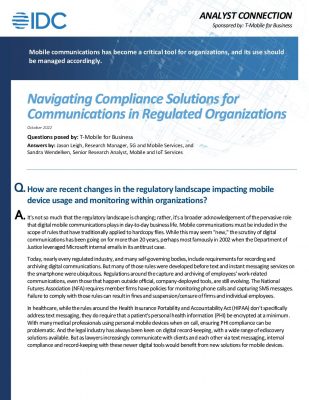Highlights:
- While the SEC has approved the 19b-4 submissions, companies intending to list ETFs still need to submit S-1 forms.
- Ethereum exchange-traded funds (ETFs) are investment funds designed to mirror the price movement of Ethereum.
The U.S. Securities and Exchange Commission surprised everyone by announcing recently that eight applications for spot Ethereum exchange-traded funds have been approved.
The SEC approved 19b-4 forms, which are submissions made to the SEC for the listing and trading approval of a new ETF. These forms outlined the proposed rule adjustments and regulatory compliance measures.
SEC approves Ethereum ETFs for eight submissions encompassing BlackRock Inc., Fidelity, Grayscale Investments Inc., Bitwise Asset Management Inc., VanEck Associates Corp., Ark Investment Management LLC, Invesco Capital Management LLC, and Franklin Templeton.
Even though the SEC has approved the 19b-4 submissions, S-1 forms must still be filed by the companies looking to list ETFs. Companies preparing to go public, like the ETF providers in this instance, use an S-1 registration statement as a filing that provides crucial details to prospective investors about the offering’s finances and business operations.
While the S-1 forms are still necessary, the precise duration until the ETFs are listed remains speculative. Nonetheless, sources suggested that with diligent effort, the process could potentially be finalized within a few weeks. However, historical examples indicate instances where the process has taken over three months.
An example of an investment fund that tracks the price of Ethereum is an Ethereum ETF. Investors can purchase Ethereum without actually owning any cryptocurrency because they are traded on conventional stock exchanges as opposed to cryptocurrency exchanges. These ETFs consist of shares in a fund primarily holding Ethereum as its asset, meaning their value fluctuates with Ethereum’s price changes.
The SEC made this decision after approving comparable ETFs for bitcoin in January. Similar to Ethereum ETFs, the SEC raised concerns about the potential for market manipulation in cryptocurrency markets during the approval process for bitcoin ETFs.
The SEC is currently greenlighting Ethereum ETFs, attributing the decision to enhanced market regulations aimed at detecting and preventing fraudulent and manipulative activities. Additionally, recent court rulings and enhanced correlation analysis between cryptocurrency spot and futures markets, such as bitcoin, played a role in influencing the SEC’s decision.
In its decision, the SEC emphasized the importance of addressing investor protection concerns. Specifically, they highlighted the need to mitigate issues like premium/discount volatility and high management fees commonly found in alternative investment vehicles. The SEC aims to provide a more stable and cost-effective option through these ETFs.






































































